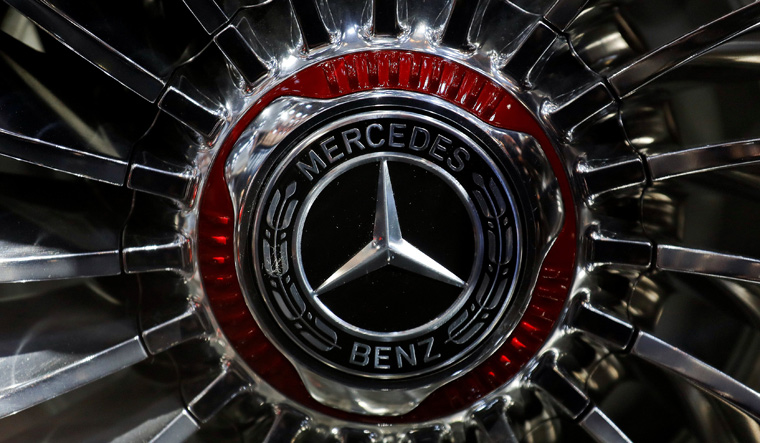German luxury car giant Mercedes-Benz plans to sell electric vehicles only by 2030 in a bold new plan announced on Thursday to accelerate its electric drive.
“Mercedes-Benz will be ready to go all electric at the end of the decade, where market conditions allow,” the car maker said.
As a part of these plans, the company will have battery electric vehicles in all segments it serves, by next year. From 2025, customers will be able to choose an electric variant of every model Mercedes will make at the time. Also, the company will only launch electric vehicle architectures from 2025.
“The EV shift is picking up speed, especially in the luxury segment, where Mercedes-Benz belongs. The tipping point is getting closer and we will be ready as markets switch to electric-only by the end of this decade,” Ola Kallenius, CEO of Diamler AG and Mercedes Benz said.
As it accelerates into an all electric future, the company is significantly scaling up its research and development. Between 2022 and 2030, Mercedes will invest more than 40 billion euro in battery electric vehicles. Apart from developing new electric vehicles, Mercedes will also set up eight gigafactories along with its partners for producing cells, which will be in addition to the already planned network of nine plants dedicated to building battery systems.
Mercedes joins several other car makers who announced plans to go all electric. For instance, in February this year, Tata Motors owned Jaguar Land Rover announced that Jaguar will become an all electric brand by 2025. By 2030, apart from 100 per cent of Jaguar sales, the company estimates 60 per cent of the Land Rover SUVs will also be equipped with zero-emission powertrains.
Mercedes’ German rival Audi has said beginning 2026, it will only release new models that are electric and it will gradually phase out the production of internal combustion engines until 2033.
Automakers’ plans to aggressively move away from ICE engines to zero-emission mobility comes as many countries are setting targets to do away with petrol and diesel cars. The European Union, for instance, recently proposed to ban cars powered by fossil fuels by 2035. UK Prime Minister Boris Johnson had announced last year that sales of cars and vans powered by petrol and diesel will not be allowed in the country from 2030.





